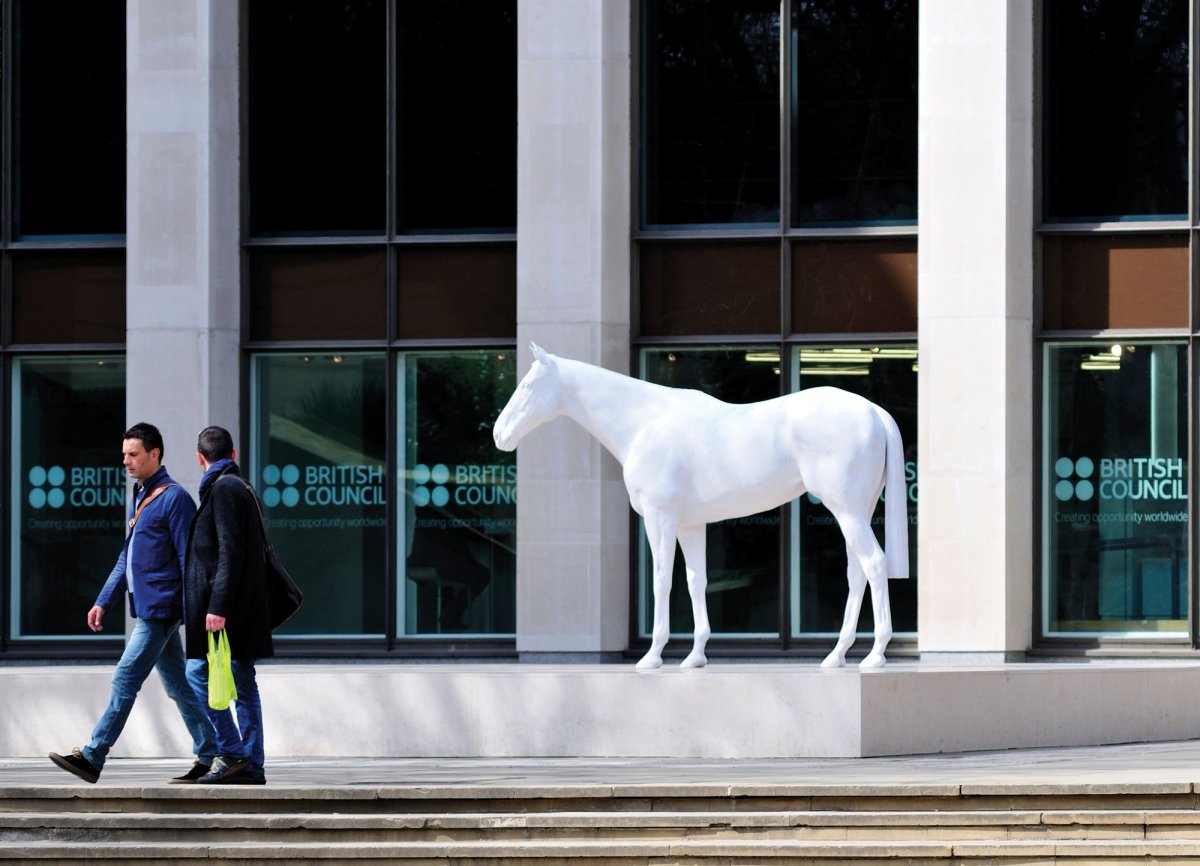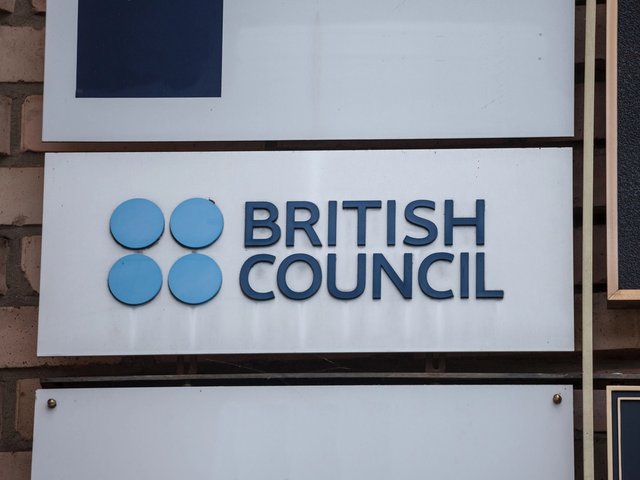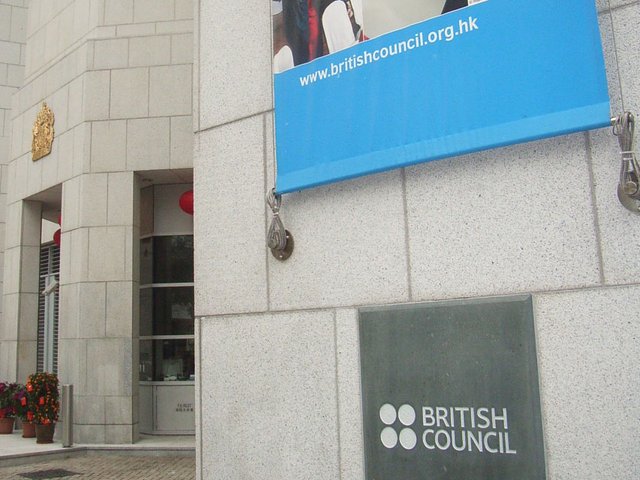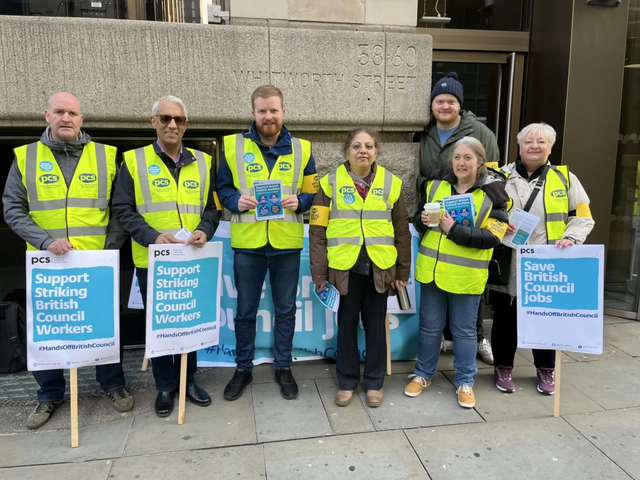In a major blow to the UK’s standing as a soft culture superpower, the British Council is “significantly reducing its operations” in 20 countries as part of a cost-cutting exercise. Meanwhile, more than 100 MPs, including 20 Conservatives, signed a letter in June to Prime Minister Boris Johnson stating that the office closures would go against Johnson’s promises of a “global Britain” post-Brexit.
These new developments have been strongly criticised by former curators and artists, including Anish Kapoor, who represented Britain at the Venice Biennale in 1990.
“This is not about soft power, this is an abandonment of culture: we see it with the BBC, with our universities—where the humanities have been cut across the board—and with our great museums, with the appointment of Tory apologists as trustees,” Kapoor says. “In money terms, the British Council shortfall is piffling; it’s hardly money at all. We have always celebrated the creativity and openness of British culture, and now our public institutions are cowered. This is a proper fight that we have to have; that we have to dare to have.”
Turner prize-winner Jeremy Deller, British representative at the 2013 Venice Biennale, described the cuts as evidence of a government that is “tough on art, tough on the causes of art”.
Grant-in-aid programming, which would have gone towards projects such as cultural heritage protection, will subsequently cease altogether in Afghanistan, Australia—following completion of the UK/Australia cultural season in 2022—Belgium, Canada, Chile, Namibia, New Zealand, Sierra Leone, South Sudan, Uruguay and the US.
In nine countries the British Council is proposing that grant-in-aid programming will be run remotely from a neighbouring country in a phased approach over two years: Bosnia and Herzegovina, Croatia, Kosovo, Malta, Montenegro, North Macedonia, Slovakia, Slovenia and Switzerland. “In [these] countries we are proposing grant-in-aid programming will be run remotely by our British Council offices in neighbouring countries,” says a spokesperson. Online platforms offering English language lessons and virtual arts festivals will be expanded.
The council has subsequently agreed with the Foreign, Commonwealth and Development Office (FCDO) to save £185m over four years. “Our estimate is that we need to reduce the overall number of roles across our organisation by around 15% to 20% over two years,” the spokesperson says. “We will do whatever we can to reduce the number of colleagues impacted.”
"We have always celebrated the creativity and openness of British culture, and now our public institutions are cowered. This is a proper fight that we have to have; that we have to dare to have.”Anish Kapoor
But Katrina Schwarz, a former British Council curator, says there will be a significant impact. “I feel a particular ache for the closure of the office in Australia,” she says, adding that she worked for the organisation for nine years, travelling to more than 21 countries including places where offices will be affected such as Chile and New Zealand. “I know first-hand that we would not have been able to deliver the artistic projects that we did, or broker key relationships, without the collaboration and leadership of our local colleagues,” Schwarz says. “The loss is enormous.”
Covid-19 impact
The British Council says that the organisation faces a significant shortfall, due to the impact of Covid-19 on its commercial income—which was previously used to subsidise programming—and an overall decline in the government’s grant budget compared to pre-Covid.
The British Council receives grant-in-aid funding from the UK government, most of which goes towards delivering Official Development Assistance (ODA), the overseas aid budget used to deliver programmes “in developing and emerging economies and in fragile states”, says the British Council website. The government is cutting overseas aid spending from 0.7% to 0.5% of gross national income, a move that was endorsed by Conservative MPs in the Commons in July.
The core ODA settlement, which comes from taxpayers’ money, for 2021/22 is £143m compared to £161m pre-Covid (2019/20); the non-ODA settlement (non-ODA grant-in-aid) for 2021/22 is £36m compared to £19m pre-Covid (2019/20). But the organisation’s commercial streams have been “savaged by the pandemic”, said the Conservative MP John Baron in June. “In 20/21, our commercial income, which we previously used to subsidise our work, was £400m less than projected in our budget for 20/21,” the British Council spokesperson says.
However some commentators have argued that the British Council was already depleted, and that Covid-19 is being used as a smokescreen. Anna Somers Cocks, the founding editor of The Art Newspaper, wrote in 2019 that the British Council, which has been exercising soft power on behalf of the UK for more than 80 years, is being “starved of funds”, highlighting that the council’s budget for non-overseas aid countries, which includes Europe, China and Russia, was slashed to £6m in 2019/20, from £27m in 2018/19 and £32m in 2017/18.
In another controversial move, the UK government has made the British Council, previously a registered charity, an exempt charity under the Charities Act 2011. In other words, the British Council’s principal regulator will be the FCDO acting on behalf of the Foreign Secretary, rather than the Charity Commission for England and Wales. The development brings the British Council into line with nearly all charitable non-departmental public bodies, which are also exempt charities.
“Although our charitable status has changed, we retain all the benefits and responsibilities of being a charity,” the spokesperson says. “There will be no transfer of powers; simply a transfer of the responsibility for ensuring the British Council’s compliance with charity law. We remain both a non-departmental public body and a public corporation.”
But a source close to the British Council warned that “the last shred of its independence is disappearing as the Foreign Office, rather than the Charity Commission, becomes the British Council’s main regulator”. A government source stressed that the British Council will remain independent.





